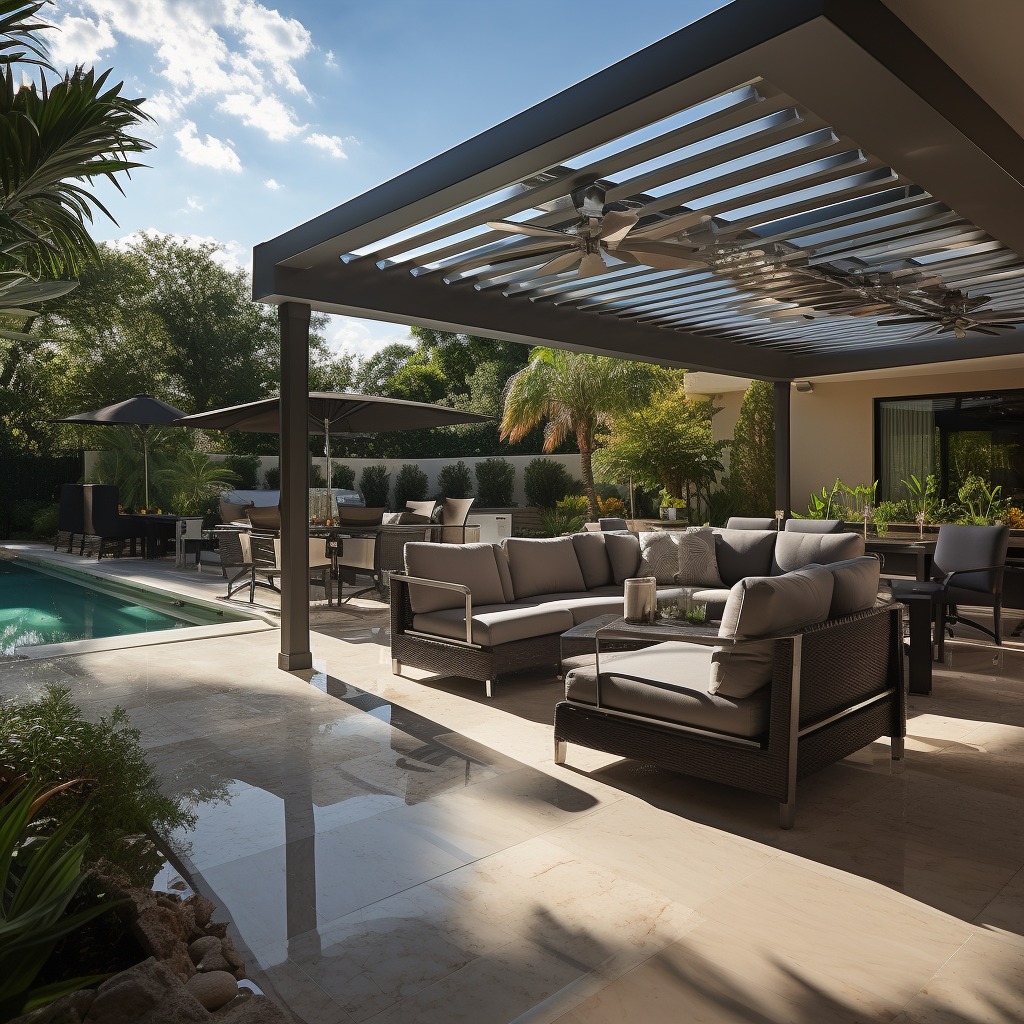
Eco-Friendly Landscaping Solutions for Modern Coastal Homes Aug 13, 2025
Eco-friendly landscaping begins with design. The initial step is to choose native plants that thrive in coastal climates. Native species are naturally adapted to local conditions, require less water, and provide habitat for local wildlife. This reduces the necessity for fertilizers and pesticides, ultimately leading to a healthier landscape. For instance, sea lavender and beach sunflowers are excellent choices that complement the coastal environment while enhancing visual appeal.
Another essential consideration is water conservation. Coastal homes face unique challenges such as saline soil and high winds. Implementing xeriscaping—a landscaping technique that reduces the need for irrigation—can be particularly beneficial. This approach often involves using drought-resistant plants and efficient irrigation systems like drip irrigation, which targets plant roots directly, minimizing water waste.
Soil health is another critical component of sustainable landscaping. Instead of relying on chemical fertilizers, consider organic matter like compost. Compost not only enriches the soil with nutrients but also improves water retention, making landscapes more resilient in dry conditions. Additionally, creating natural barriers using mulch can protect plant roots and reduce evaporation.
Reducing lawn size or converting part of it into meadows or ornamental grasses can save both water and labor. Lawns, while traditional, demand high maintenance and resources. By opting for native grasses or wildflower gardens, homeowners can maintain texture and color in their landscapes with less environmental impact.
Incorporating hardscaping elements is another method to achieve eco-friendliness without sacrificing style. Paths made from permeable materials like gravel or permeable pavers help reduce runoff and promote groundwater recharge. Implementing features such as rock gardens and dry creek beds not only add aesthetic appeal but also enhance drainage. It's a practical approach that aligns with both function and style.
Supporting local ecology involves more than just plant selection. Welcoming wildlife into your garden can be achieved by installing bird feeders, bat houses, and bee hotels. These features encourage biodiversity and contribute to a balanced ecosystem in your very own backyard. They’re small changes that make a significant difference in fostering a thriving natural habitat.
LED lighting is a smart choice for both energy efficiency and aesthetics in outdoor areas. Solar-powered lights along pathways and in garden beds can decrease energy reliance while providing ambiance after sunset. It's an investment that pays off through reduced utility bills and a smaller carbon footprint.
Ultimately, eco-friendly landscaping offers multiple benefits—reducing maintenance costs, conserving resources, and enhancing property value all while safeguarding the delicate coastal environment. At Sunset Coastal Innovations, we're passionate about blending innovative design with sustainable practices. Our goal is to help modern homeowners create landscapes that reflect personal style while respecting and preserving nature.
In embracing these eco-friendly solutions, coastal homeowners are not just beautifying their properties; they are becoming stewards of the environment. With thoughtful planning and the right choices, it's possible to enjoy a lush, vibrant landscape that coexists harmoniously with the coastal ecosystem. Let's work together to create sustainable, stunning outdoor spaces that future generations will enjoy.
/filters:no_upscale()/media/44ba6c66-71c9-4ff4-bd31-63c03da1ff33.jpeg)
/filters:no_upscale()/filters:format(webp)/media/c73086b0-e587-44d6-ad8a-363f6deb5018.jpeg)